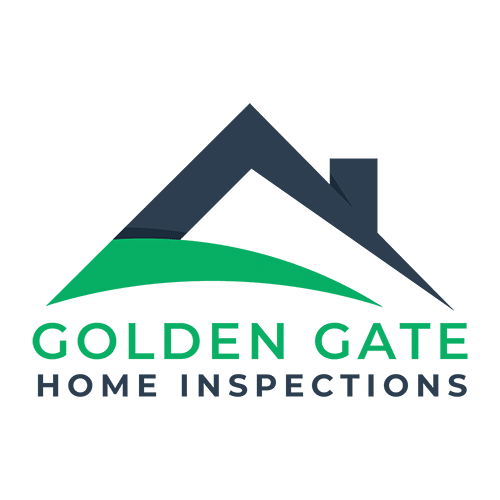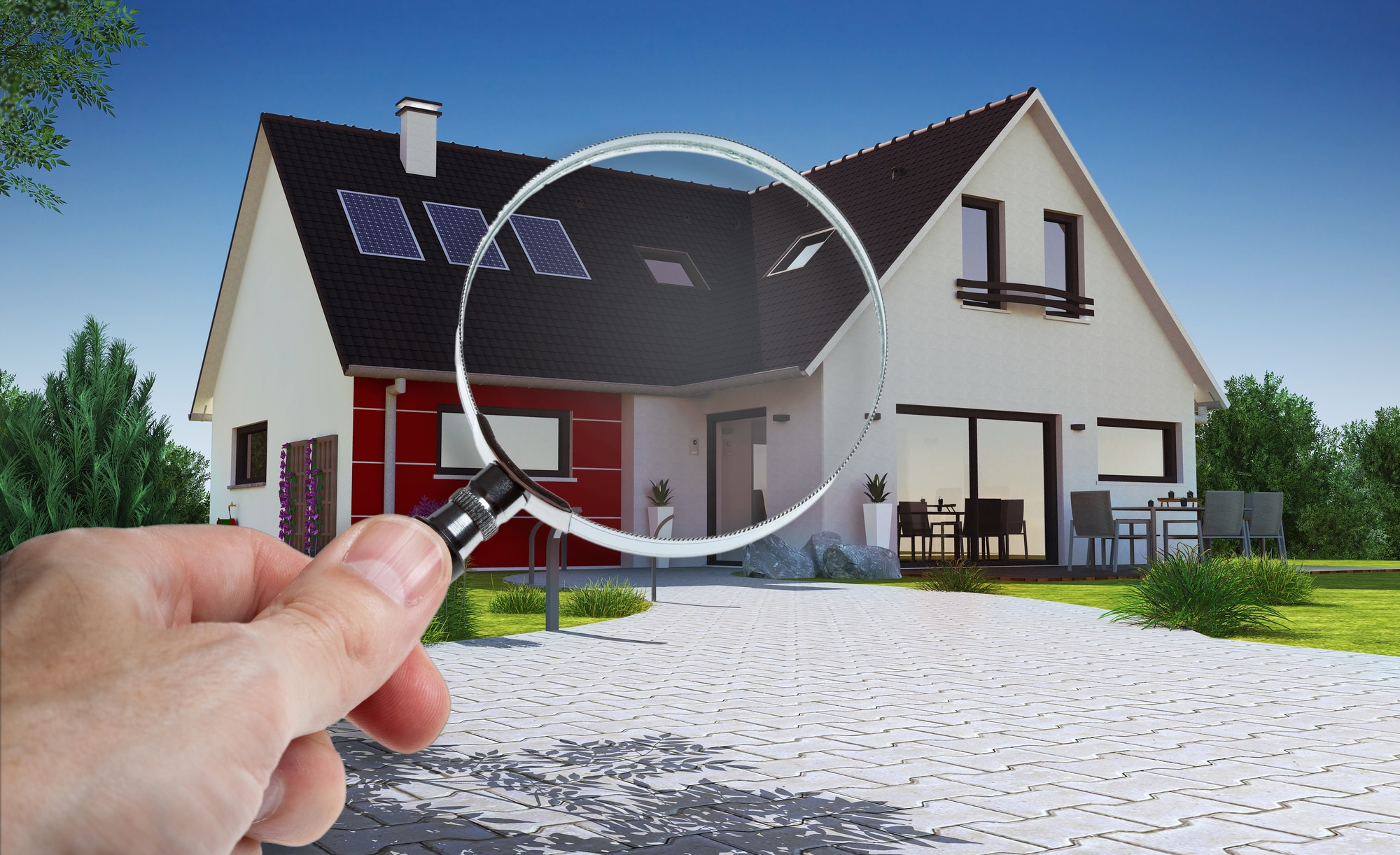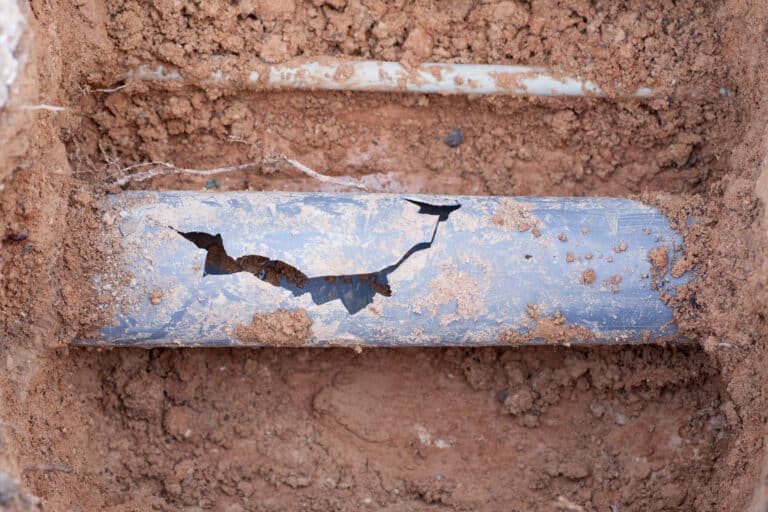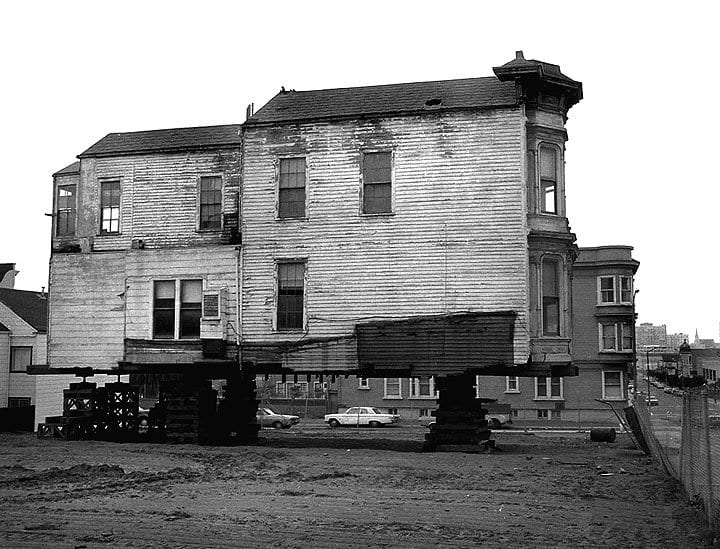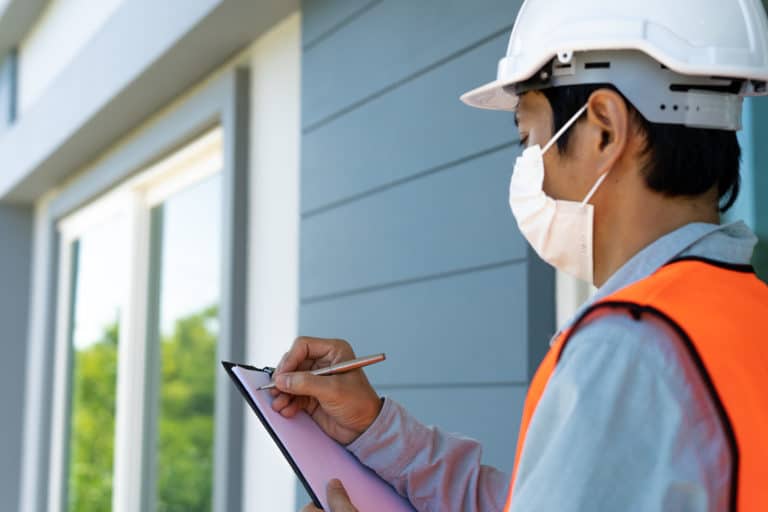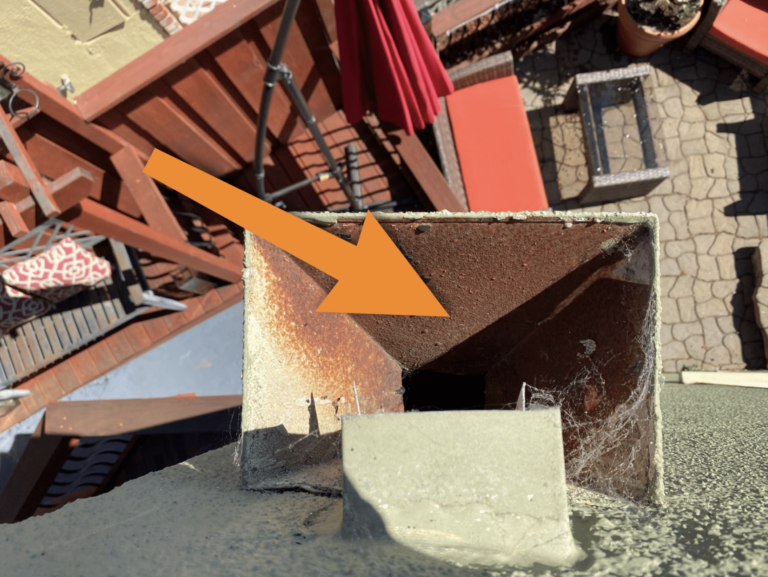7 Questions to Ask a Home Inspector During Your Home Inspection
7 Questions to Ask a Home Inspector During Your Home Inspection
Are you curious about what questions to ask a home inspector during a home inspection? Check out this complete guide on what you won’t want to miss asking.
Having a prospective new home inspected can help you make an informed decision about whether or not to purchase the house. It can also let you know about items you should ask the seller to repair prior to the sale.
Attending the home inspection will give you the opportunity to get answers to your list of questions to ask a home inspector. After the inspection, you will get a detailed report. But the best time to get feedback is in person while the inspector points items out to you.
Ask your real estate agent to let you know how much time you have to negotiate with the seller or make decisions once the inspection takes place. This can help you prioritize issues raised during the inspection and get additional information.
Here are seven questions to ask a home inspector during the inspection.
1. Is Your Home Inspector Qualified and Insured?
Talk to your home inspector to find out their background. Find out how long they have been in the home inspection business and whether or not they are insured.
Confirm the home inspector you hire is qualified to do home inspections. You don’t want to use an inspector who isn’t a full-service residential inspector. So ask if the home inspector is certified, such as through InterNACHI or ASHI.
2. What Is the Condition of the Roof?
An inspection of the roof should be part of every home inspection. Some areas, like the Bay Area, have a lot of roofs that are over 20 to 30 years old.
What you want to know is whether the roof is showing signs of leaking or wear and tear. Knowing how soon a roof may need to be repaired or replaced can help you determine if the roof is something you need to discuss with the seller. It can be addressed by requesting a lower purchase price or requiring that the seller replace the roof.
3. What State Is the Plumbing In?
Listen closely when the home inspector is discussing the plumbing. Low water pressure, slow drainage, and failure to get hot water can all be signs of bigger problems. These can be signs that the water heater needs to be replaced or that there are problems with the drains.
Ask if the water pipes are new and whether they are copper. If the pipes are galvanized steel or lead, you will likely have pipes that need to be repaired or replaced, sooner rather than later.
4. Ask About Any Features You Are Unfamiliar With
Whether you are purchasing your first home or not, there may be features of the home you need more information about. For instance, a particular type of heating system, solar panels, or a pool.
What you want to know is what you need to keep the system running and working properly. The inspector likely won’t be able to give you a detailed list, but they can give you a general idea about how much work the feature requires. They may even be able to give you a ballpark figure on how much the maintenance will cost over time.
5. Do Any Hazards Exist?
Questions about hazards are other things to ask a home inspector. These can come in many forms. What you want to know about is anything that might later result in a fire, water damage, or present any kind of safety hazard.
Is there any mold present? Mold often grows in places that are damp which can indicate water leaks, condensation, or prior flooding. You may need to get a professional plumber to check the extent of the damage.
Is the electrical wiring is up-to-date and in good condition? Does the placement of any of the electrical wiring or outlets present a hazard? Confirm whether the wiring conforms to current safety standards and codes.
Is there evidence water pools in certain locations or fails to drain properly away from the house? Depending on whether the pooling occurs, such as on the roof or near the foundation, the pooling can cause additional structural damage.
6. How Soon Do Flagged Items Need to Be Fixed?
During the inspection, a home inspector will make note of a lot of issues, big and small. Ask the home inspector for a timeline that lets you know which issues should be addressed right away.
What you want to come away with is a general idea about how much money you will be needing to put into the house and when. It will tell you which are the bigger ticket items that need immediate attention. You can then discuss these items with the seller so they get factored into the purchase price.
7. Should You Get Anything Inspected Further?
After your inspector has completed the inspection, one of the questions to ask the home inspector is if they think you should get anything inspected by another professional. For instance, if the inspector flags a problem with the roof, ask if you should get a professional roofer out to provide you with more detailed information.
Remember These Questions to Ask a Home Inspector
Hiring your own inspector to perform a home inspection can help ensure you get the answers you need from the buyer’s perspective.
After you receive the final inspection report, you may have more questions to ask a home inspector. So be sure to ask how to reach the inspector later. You may need more information or require some additional recommendations based on what they report.
Contact us today to set up a home inspection. We can help provide assurance your new home is safe and what future expenses you might incur during ownership if you choose to buy.

